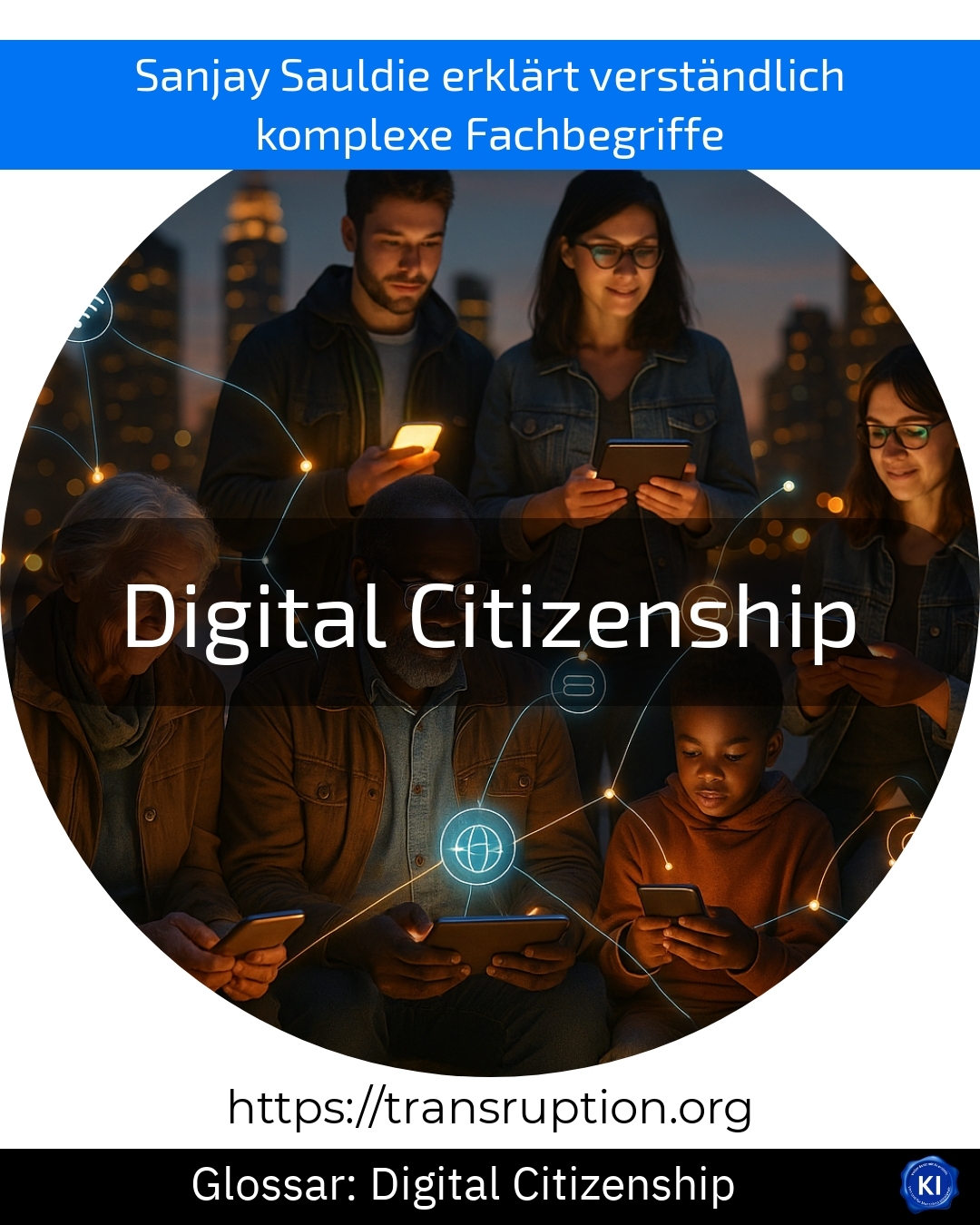Digital citizenship is a term used in the fields of digital society, cybercrime and cybersecurity as well as digital transformation. It describes the responsible use of digital media and technologies in everyday life, when working or learning. Those who practise good digital citizenship behave just as fairly, politely and prudently online as they do in real life.
This includes, for example, being aware of how to handle personal data, communicating respectfully on social networks and avoiding cyberbullying. It also includes recognising fake news and protecting against fraudsters and hackers. Digital citizenship is important for companies and decision-makers in order to strengthen the digital security of all employees and promote a trusting online culture.
An illustrative example: An internal chat group is used in a company. Responsible digital citizenship is demonstrated when no one shares private information without being asked, everyone adheres to the rules of conduct and everyone points out suspicious messages such as phishing.
To summarise: Digital citizenship means acting safely, respectfully and responsibly in the digital space - a key competence in an increasingly digital world.















